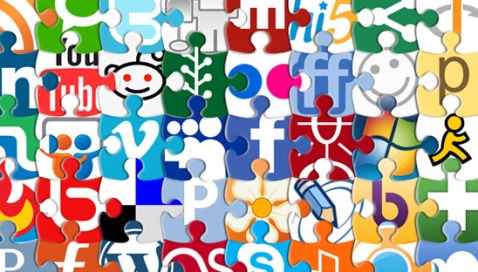Don’t believe everything you think!
Dialectus is a website with a focus on social media, and more specifically, on its related terminology.

With the advent of the internet, the very fabric of human interactions has been drastically altered on a global scale. In fact, after the agricultural and industrial revolutions, the “informational revolution” is considered by many to be the third major social revolution to culturally transform humankind. One significant aspect of the informational revolution is the unprecedented speed at which information is communicated internationally.
Without a doubt, modern social technology has had, and continues to have, a dramatic effect on how we communicate with one another, and on language itself. New technologies require new terminology, but unlike terminology related to specialty fields, the language of social media circulates along the information highway to all reaches of the globe.
Many terms are so ubiquitous that they have become generalized, taken on new functions, and been absorbed into various languages. In other cases, a common word, after its association with social media, may take on new meaning. Thus, the English word “friend,” which has been somewhat co-opted by Facebook, can be now used as a verb to mean: “Add (someone) to a list of friends or contacts on a social networking website.”
The rapidity with which social media terminology is spread—usually through social media itself—has also reduced the likelihood of new terms being translated into various languages, or for a translated term to take hold. With respect to terminology related to Twitter, for example, although the French term gazouiller was quickly introduced as an equivalent to the verb “to tweet,” Francophones may find themselves using the equally new verb tweeter instead.
In short, the language of social media is a fascinating and ever-evolving phenomenon, which can reveal much about human nature itself!